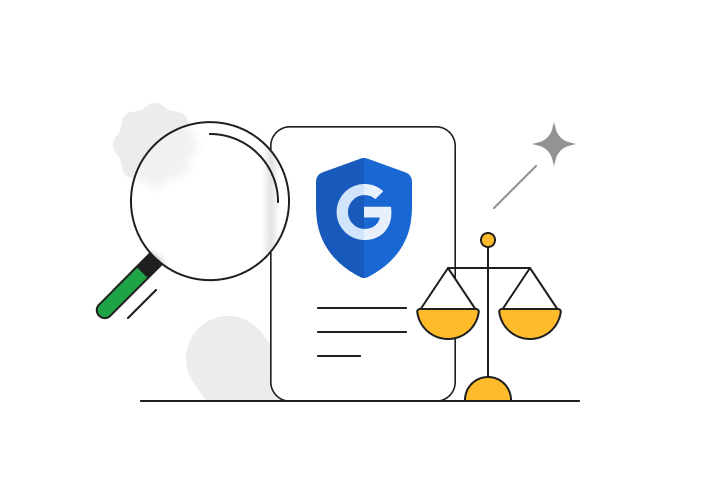| Every day Google works hard to keep you and your private information safe and secure by preventing unauthorized access to your Google Account with our built-in security protections. And keeping you safe means having strong privacy practices across our products that minimize how long we store your personal files and any data associated with them. We want to protect your private information and prevent any unauthorized access to your account even if you're no longer using our services. Therefore, we are updating the inactivity period for a Google Account to two years across all our products and services. This change starts rolling out today and will apply to any Google Account that's been inactive, meaning it has not been signed into or used within a two-year period. An inactive account and any content in it will be eligible for deletion from December 1, 2023. What this means for you: - These changes do not impact you unless you have been inactive in your Google Account for two years or have not used your account to sign in to any Google service for over two years.
- While the changes go into effect today, the earliest we would enforce any account deletion would be December 2023.
- If your account is considered inactive, we will send several reminder emails to both you and your recovery emails (if any have been provided) before we take any action or delete any account content. These reminder emails will go out at least 8 months before any action is taken on your account.
- After a Google Account is deleted, the Gmail address for the deleted account cannot be used again when creating a new Google Account.
How to keep your account active? The simplest way to keep a Google Account active is to sign in to the account at least once every two years. If you have signed in to your Google Account recently in the past two years, your account is considered active and will not be deleted. Other ways to keep your account active include: - Reading or sending an email
- Using Google Drive
- Watching a YouTube video
- Sharing a photo
- Downloading an app
- Using Google Search
- Using Sign in with Google to sign in to a third-party app or service
There are some exceptions to this policy. Examples include: a Google Account with YouTube channels, videos or comments; an account that has a gift card with a monetary balance; or an account that has a published application, for example, one that hosts an app on the Google Play store. Other exceptions to this policy are available here. Google also offers tools to help manage your Google Account and provide options to back up your data, including the ability to download your data using Google Takeout, and allowing you to plan for what happens to your data if you're inactive for a specific period of time with the Inactive Account Manager. Our priority is to make it as easy as possible for you to keep your account active, if you want to, and we'll ensure you have adequate notice before any account is impacted by this change. So before an account is deleted, Google will send email notifications to the Google Account and its recovery email (if one has been provided). You should verify that your recovery email is up to date. Learn more Thank you,
The Google Account team | 











